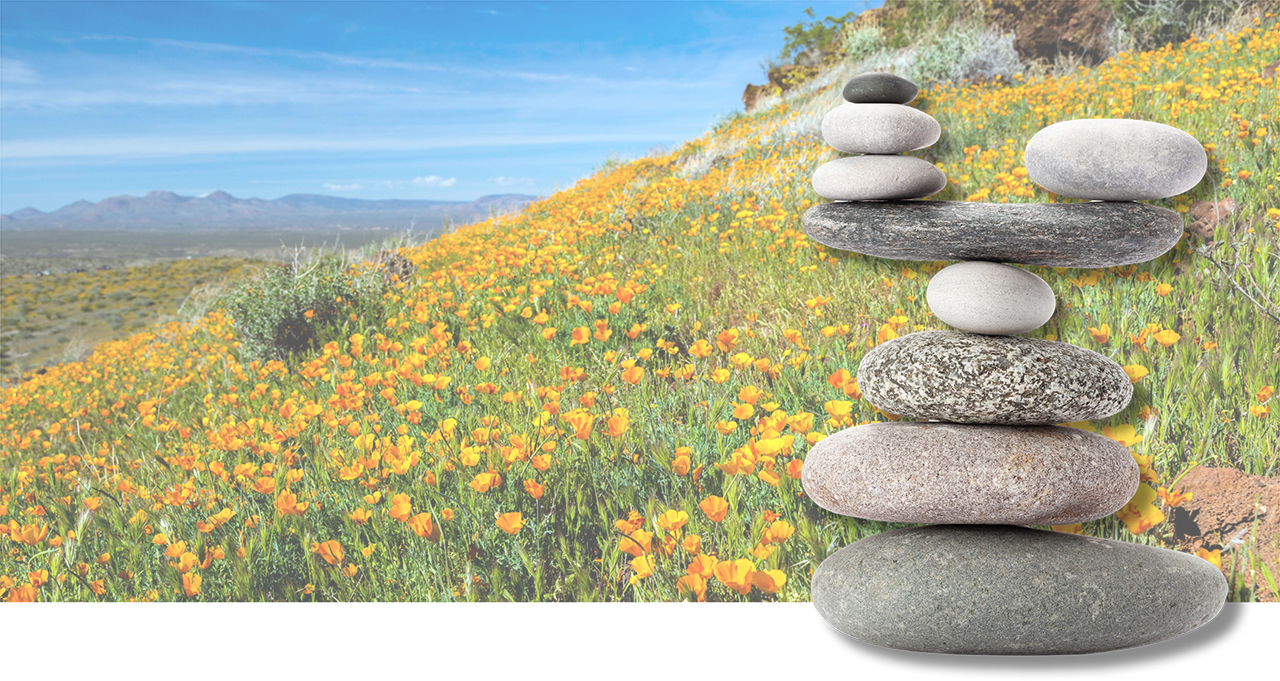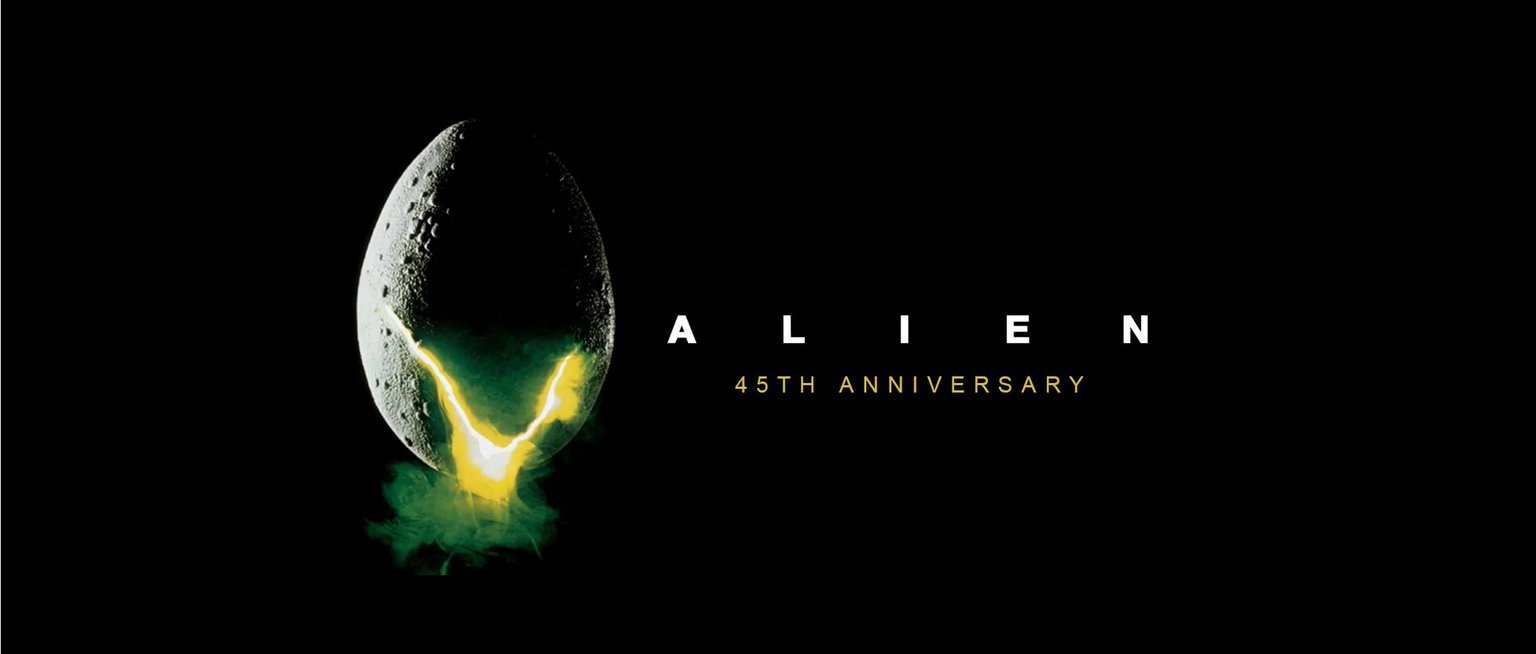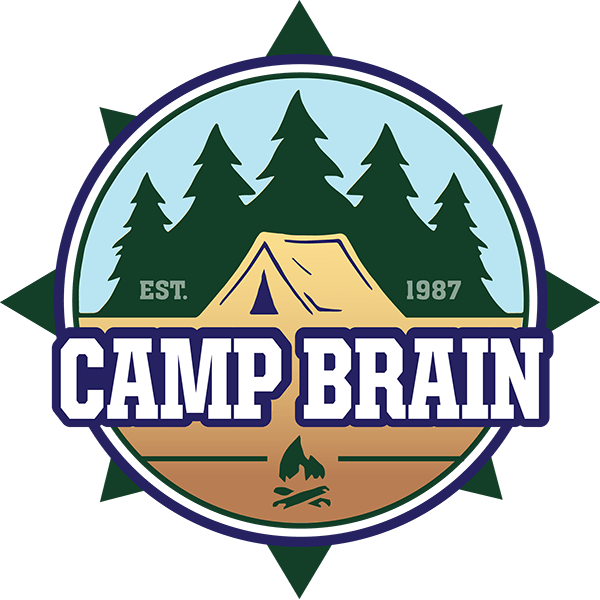Rays of Hope Conference Brings Back “That Caregiving Feeling” for Marieke Lewis
In 1990, Marieke Lewis made the biggest mistake of her life. She was in high school and out drinking, as was the boy driving them both through the mountains outside of Globe, Arizona. Another car drove them off the road and Marieke flew from the open Jeep. The driver died, and she went into a four-month coma.
At this year’s Ray of Hope Conference for survivors of brain injury and their families, the first back in-person in several years due to COVID, Marieke is in her element. “I love Rays of Hope!” she exclaims. “The brain injury people need each other; I’m with my brain injury girls!”
Rays of Hope Conference Brings Back “That Caregiving Feeling” for Marieke Lewis
In 1990, Marieke Lewis made the biggest mistake of her life. She was in high school and out drinking, as was the boy driving them both through the mountains outside of Globe, Arizona. Another car drove them off the road and Marieke flew from the open Jeep. The driver died, and she went into a four-month coma.
At this year’s Ray of Hope Conference for survivors of brain injury and their families, the first back in-person in several years due to COVID, Marieke is in her element. “I love Rays of Hope!” she exclaims. “The brain injury people need each other; I’m with my brain injury girls!”
She recalls her first moments of consciousness: “I woke up and thought I was in heaven. I didn’t really understand when they told me I was in a bad accident. I couldn’t talk or think clearly.”
The following year of rehabilitation was hard on Marieke as she had to re-learn many of the basics she took for granted, like talking, walking, making a bed, and preparing meals.
After finish rehab, Marieke moved to Denver to live with her father, who insisted she return to high school as a junior, meaning she would only lose one year. His job then found them both moving to Phoenix, where she graduated from Corona del Sol High.
However, the frontal lobe damage she sustained had affected her more than what met the eye, and if you were to look at a scan of the back right lobe of her brain, you would just see black… meaning an area without much activity.
Still, she was able to drive, so her father moved her into her own apartment near her school and work. In typical teenage fashion, she thought “he was the worst person in the world.” She came to realize and be grateful that he helped encourage her independence.
Since then, it has been a rollercoaster ride for Marieke. Throughout her 20’s, she worked in various capacities within the medical field. She was a Certified Nurse Assistant (CNA), an occupational therapy assistant, and even a caregiver at a hospital.
When she turned 30, she got married and had a baby, then another at age 32. The added responsibilities were rough on her. “What brain injured person gets married and has a kid?” she asks.
Apparently… Marieke! It seems she’s doing something right, as the 48-year-old has been married for 21 years. She still receives occupational therapy in her home every other week to work on her short-term memory loss, as well as her processing and decision-making capabilities. “When one of my kids asks me something, I often have to tell them to wait. Then I’ll call one of my two older sisters in Chicago,” she shares.
At this year’s Ray of Hope Conference for survivors of brain injury and their families, the first back in-person in several years due to COVID, Marieke is in her element. “I love Rays of Hope!” she exclaims. “The brain injury people need each other; I’m with my brain injury girls!”
Additionally, she believes that the folks who attend the conference are “the kindest, most loving, and welcoming people anywhere. I try my best to advocate for brain injury support groups,” she adds. “The Brain Injury Alliance is always there to support and help.”
Feeling the strong emotions often brought on by the conference, and being back at the Desert Willow Conference Center where Rays of Hope is held, Marieke takes a pause to compose herself. “Today, [being at the conference] is giving me the feeling of caregiving again.”
ABOUT BRAIN INJURY ALLIANCE OF ARIZONA
The Brain Injury Alliance of Arizona (BIAAZ) is the only statewide nonprofit organization dedicated to improving the lives of adults and children with all types of brain injuries through prevention, advocacy, awareness and education. BIAAZ also houses the Arizona Brain Health Resource Center, a collection of educational information and neuro-specific resources for brain injury survivors, caregivers, family members and professionals.
What began in 1983 as a grassroots effort has grown into a strong statewide presence, providing valuable life-long resources and community support for individuals with all types of brain trauma at no charge.
The Brain Injury Alliance of Arizona:
- Works with Congressional Brain Injury Task Force
- Houses Arizona Brain Health Resource Center
- Hosts Statewide Opioid Use Disorder & Cognitive Impairment Workgroup
- Has Statewide Opioid Use Disorder & Cognitive Impairment Response team with peer support, training, and family wraparound services
- Facilitates Brain Health Advisory Council
- Manages statewide Neuro Info-Line: 888-500-9165







